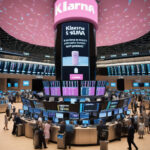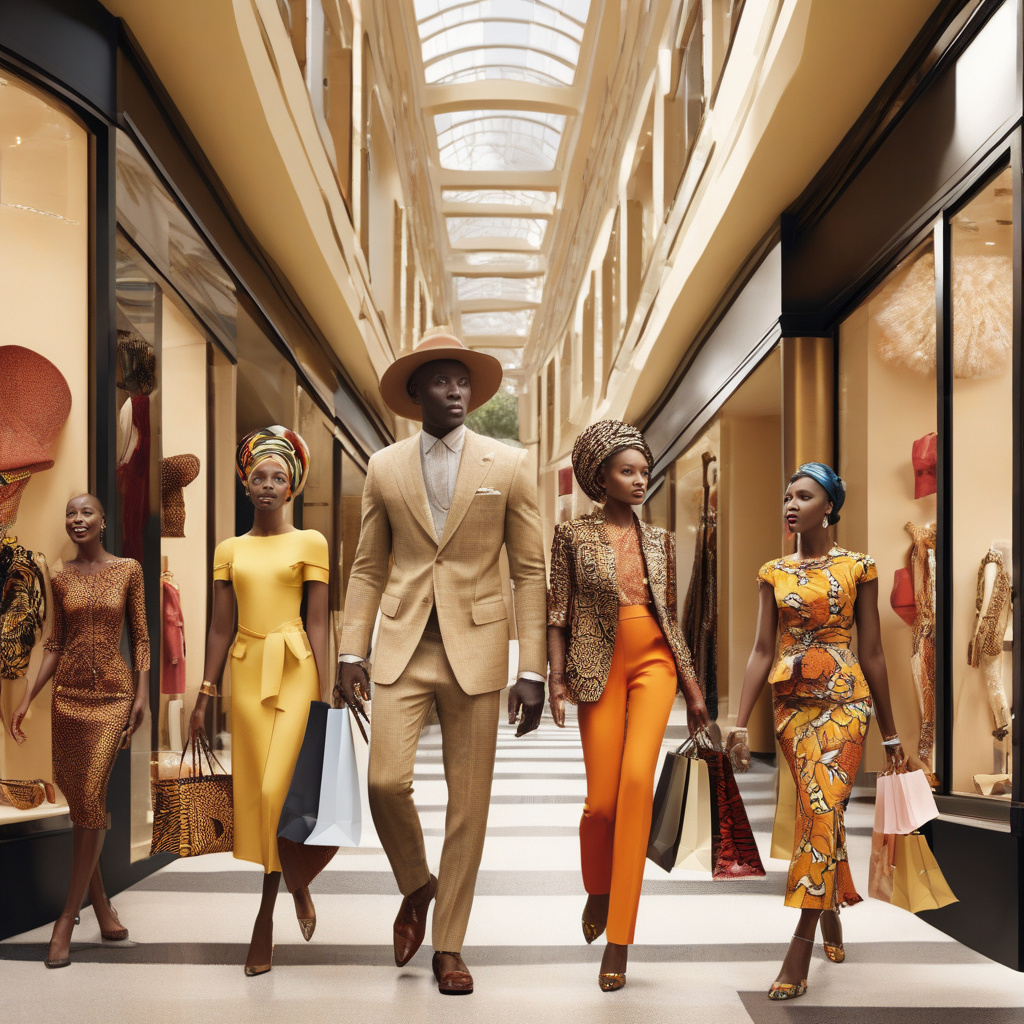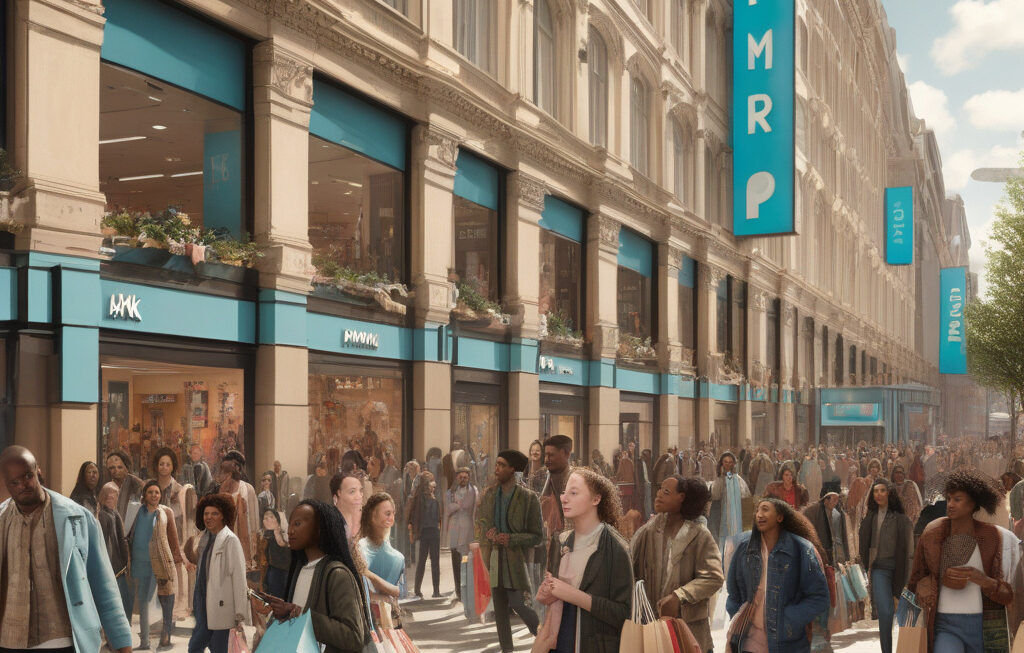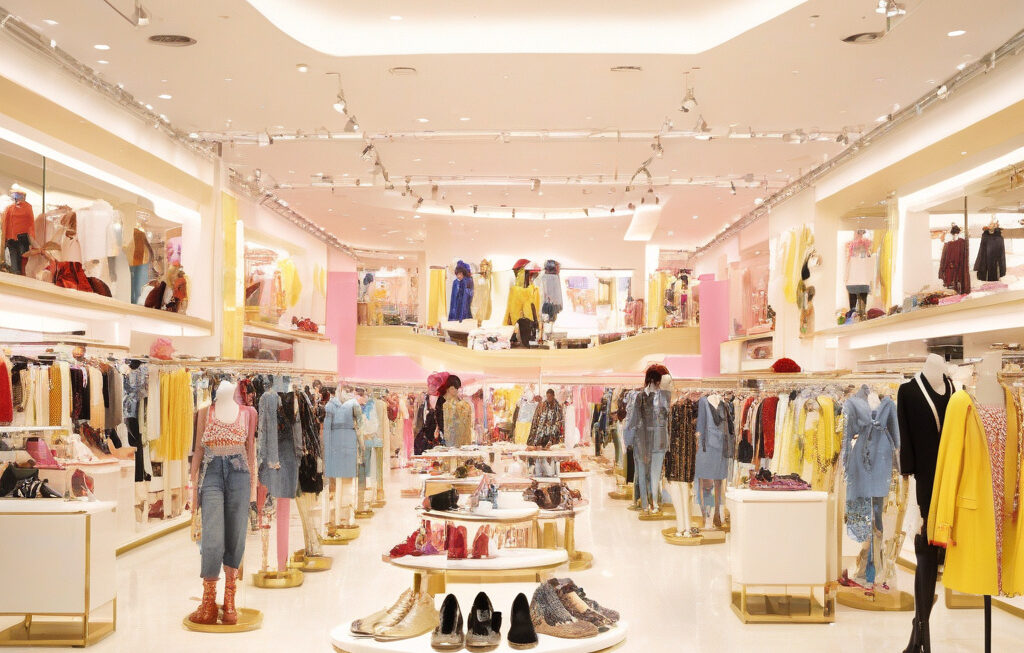The Retailers Unlocking Africa’s Luxury Market
The African continent has long been a target for global luxury brands looking to expand their reach and tap into the growing consumer market. Traditionally, these brands have focused on establishing a presence in key markets such as South Africa, Nigeria, and Morocco through multi-brand stores. However, a shift is occurring as retailers are now setting their sights on boutique stores in countries like Kenya, Angola, and Egypt to unlock new opportunities in the ever-expanding African luxury market.
South Africa has been a popular entry point for luxury brands due to its strong economy and established consumer base. Johannesburg and Cape Town, in particular, have become hubs for luxury retail, attracting well-known brands seeking to cater to the country’s affluent population. Multi-brand stores in these cities have provided a platform for international brands to showcase their products and connect with South African consumers.
Nigeria, with its rapidly growing middle class and increasing spending power, has also been a key market for luxury retailers. Lagos, the country’s commercial capital, has seen a rise in luxury multi-brand stores offering a curated selection of high-end fashion and accessories. These stores have become go-to destinations for Nigerian consumers looking to experience the latest trends from around the world.
Morocco, known for its vibrant culture and thriving tourism industry, has attracted global luxury brands seeking to capitalize on the country’s unique market. Marrakech and Casablanca have emerged as luxury retail hotspots, with multi-brand stores showcasing a mix of international and local designers. The influx of tourists and affluent locals has created a demand for luxury goods, driving the growth of the high-end retail sector in the country.
While South Africa, Nigeria, and Morocco continue to be important markets for luxury brands in Africa, retailers are now expanding their reach to other countries on the continent. Kenya, with its fast-growing economy and fashion-forward consumers, has become a destination for boutique stores offering a more intimate shopping experience. Nairobi, the capital city, has seen a rise in luxury boutiques featuring a curated selection of designer collections, attracting a discerning clientele looking for exclusive offerings.
Angola, despite its recent economic challenges, remains a promising market for luxury retailers due to its high concentration of wealthy individuals and strong demand for luxury goods. Luanda, the capital city, has seen the opening of boutique stores showcasing top international brands, catering to the country’s affluent elite. The rise of luxury shopping malls in Angola has also provided a platform for global brands to establish a presence and engage with the local consumer base.
Egypt, with its rich history and growing urban population, presents a unique opportunity for luxury retailers looking to expand in North Africa. Cairo, the capital city, has a burgeoning luxury retail scene, with boutique stores offering a mix of high-end fashion, jewelry, and accessories. The demand for luxury goods among Egyptian consumers, coupled with the increasing influence of social media and digital platforms, has created new avenues for global brands to enter the market and connect with a wider audience.
In conclusion, the African luxury market is evolving, with retailers venturing beyond traditional hubs to explore new opportunities in countries like Kenya, Angola, and Egypt. By tapping into the growing demand for luxury goods in these emerging markets, global brands can establish a strong foothold on the continent and cater to the diverse consumer preferences across Africa’s dynamic retail landscape.
luxury market, retailers, Africa, boutiques, global brands












